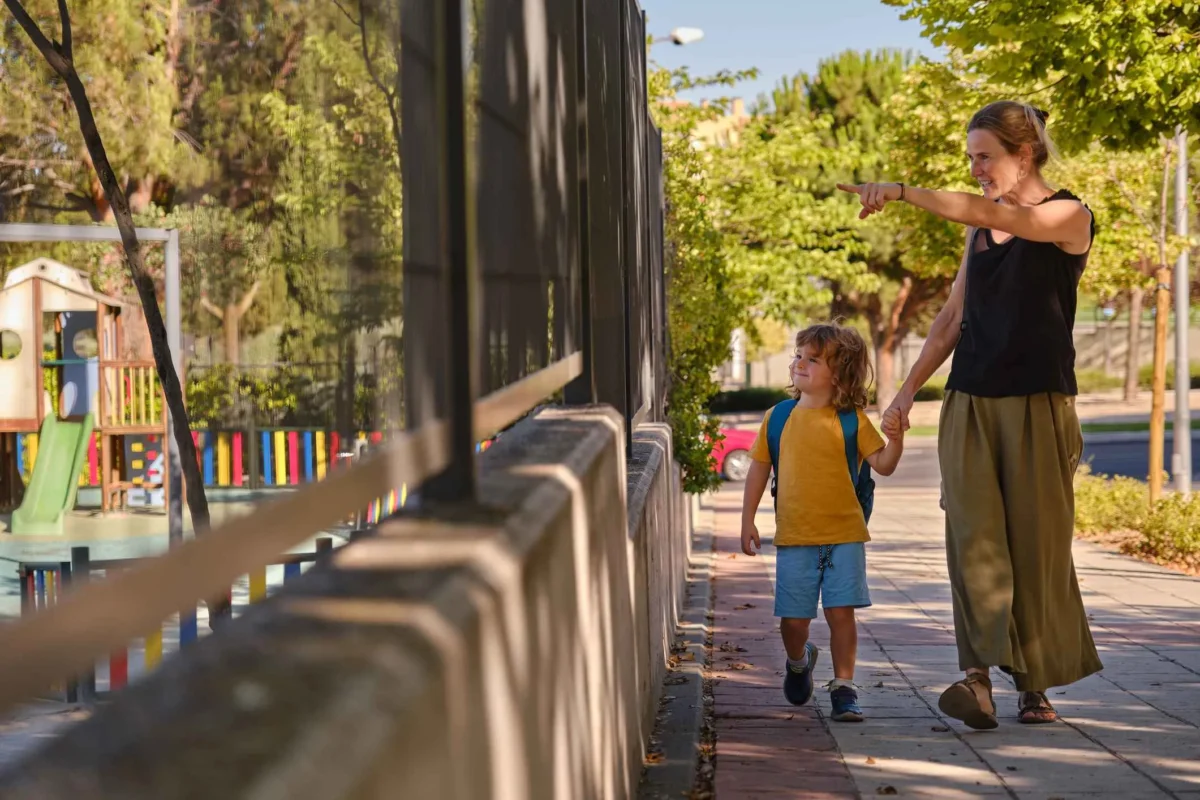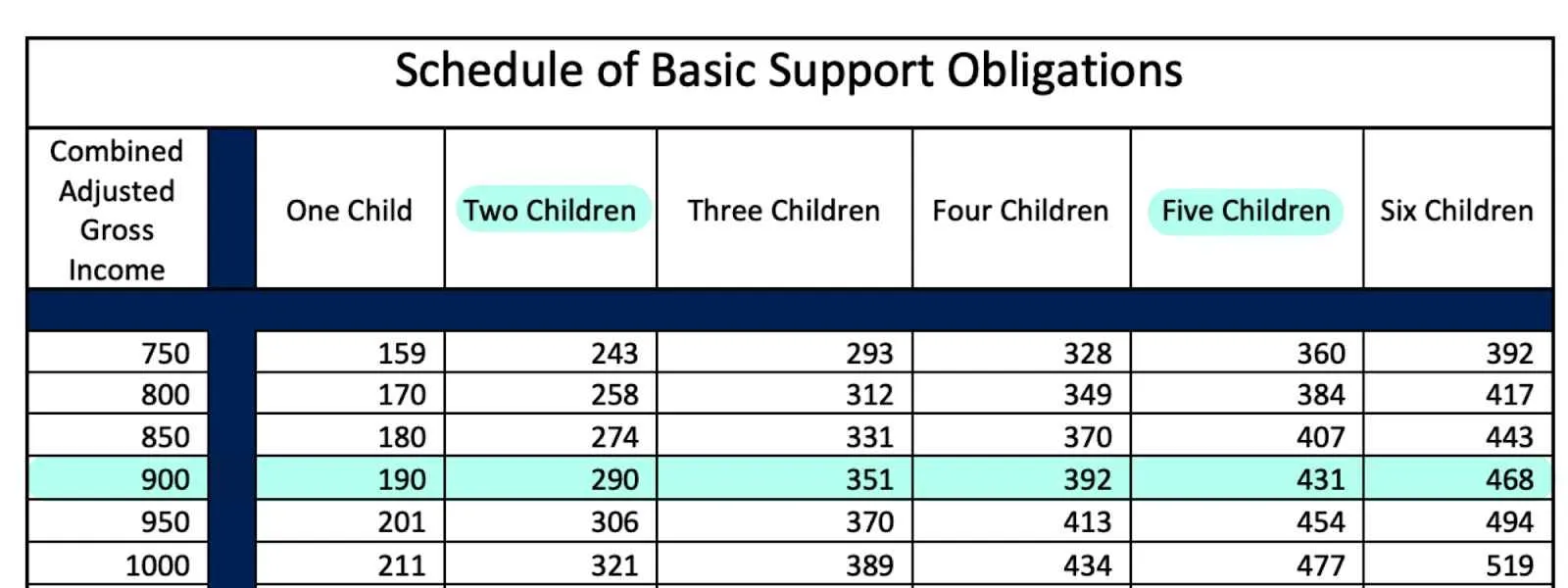If I get joint custody, will I still have to pay child support?
Blanchette Law
on
August 10, 2023
Joint custody is a legal arrangement where both parents share the rights and responsibilities of raising their child. While the specifics of each joint custody agreement can vary, most cases involve an equal or 50/50 split of physical and legal custody.
Because child-rearing duties are often split evenly in joint custody scenarios, this can leave questions surrounding child support. Although child support arrangements are stereotypically associated with scenarios where one parent has primary custody of the child, a parent in a joint custody scenario may still be ordered to pay some form of financial support to the other.
Continue reading to learn more, then contact Blanchette Law PLLC for personalized guidance from an Arizona family law attorney about joint custody child support.

Factors determining child support in Arizona
All parents, regardless of custody status, have a legal responsibility to financially provide for their children. Each state approaches this basic principle differently, with Arizona using the Income Shares Model.
The main idea of the Income Shares Model is that the child of divorced or unmarried parents should have access to the same standard of living that they would’ve received if the parents were living together. In other words, the child should receive the same proportion of parental income that they would have received if the parents were married. The reasoning behind this is simple: intact households typically pool the income of both parents for the benefit of the children, and this principle should continue to apply to a split household.
However, this doesn’t mean that parenting time or custody has no bearing on child support obligations. In Arizona, parenting time is factored into the calculation of how much each parent will pay. The courts look at both the incomes of each parent and the amount of time they have with the child to determine who will pay what.
The court may also consider the child’s needs, such as medical bills or daycare costs, and factor this into the calculation of child support. Ultimately, the child’s best interests remain at the forefront of any child support ruling.
How child support is determined in joint custody scenarios
In a joint custody child support arrangement, it’s possible that neither parent will be required to pay child support to the other. This most commonly occurs when both parents earn similar incomes and have 50/50 custody.
High earners
On the other hand, the court may order child support in a 50/50 custody scenario if one parent earns significantly more money than the other. Remember, the purpose of the Income Shares Model is to make sure that children are receiving the same proportion of parental income as they would have if the parents were still intact. By ordering the higher-earning parent to pay child support to the lower-earning parent, the court ensures that the child receives a similar standard of living when spending time with both parents.
Parenting time
Some joint custody scenarios involve an unequal share of parenting time. For example, one parent may have 60% of the parenting time, and the other parent may have 40%. In this case, it’s likely that the court will order the parent with less parenting time to pay child support to the parent with more parenting time.
However, the court will also consider the income of each parent in proportion to this parenting time, so if the parent with 60% of the parenting time earns more money than the other parent, they may need to pay child support instead, or there may be no support obligation for either parent.
Learn more from a skilled family law attorney
The calculation of joint custody child support in Arizona can be complicated, even when both parents share equal custody. If you’re unsure about whether or not you may be required to pay child support in a joint custody scenario, it’s best to consult a Tempe child custody lawyer from Blanchette Law PLLC.
Our team can help you understand your potential rights and obligations in child support matters, allowing you to plan for the future and give your child the best life possible. Contact our law firm today at (602) 881-1748 to get started.




















